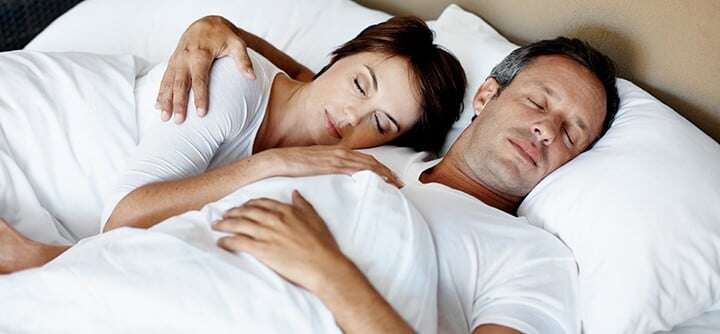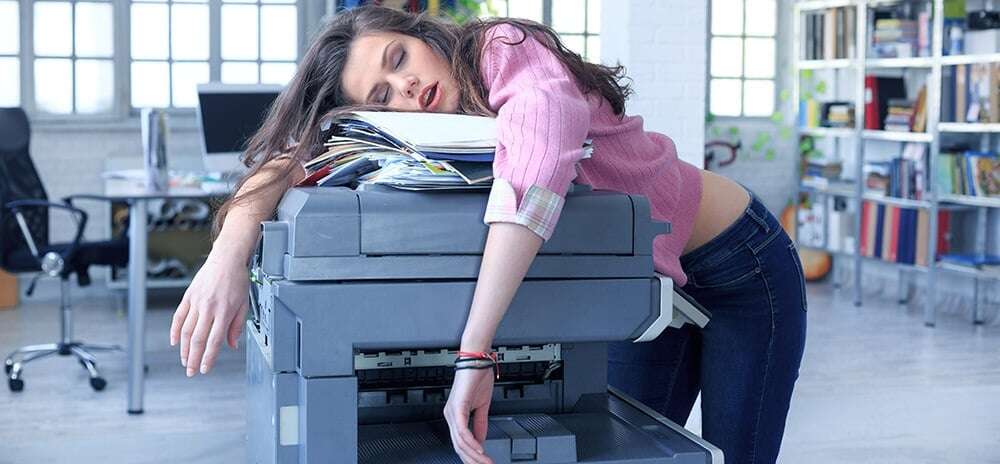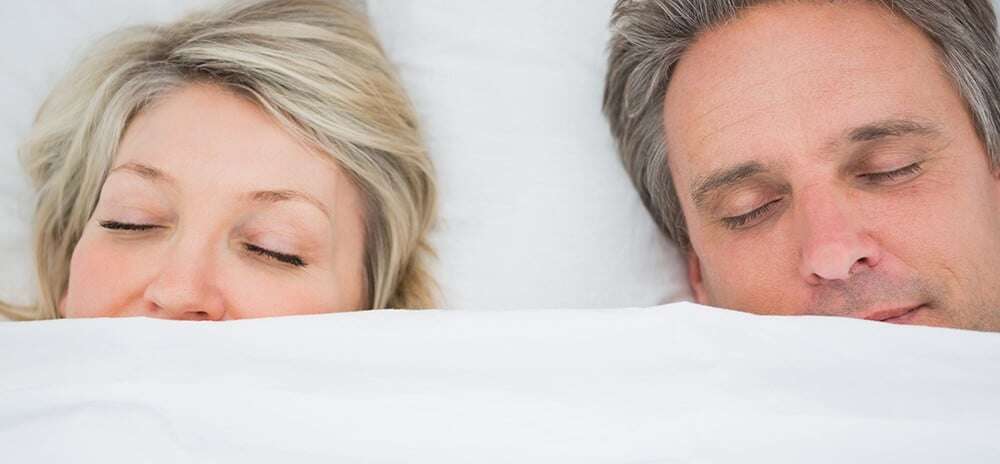When you’re utterly exhausted and can barely function, it might be hard to go about the day with a smile on your face.
If you’ve ever experienced a crippling sleeping condition such as sleep apnea - or battled with depression - the chances are you’ve probably experienced the dreaded bedtime blues.
Statistics suggests that depression is common. In fact, one in five Kiwis are likely to battle through depression at some point during their life1.
But have you ever considered the similarities in symptoms and side effects of sleep apnea and depression? Both disorders zap your energy, provide the urge to nap and can even contribute to a snappy, easily-irritated character.
So with so many close links, could sleep apnea and depression correlate?
Does a link between sleep apnea and depression exist?
The relationship between sleep apnea and depression is a complex one – however there is enough evidence going around to suggest that both conditions share a close bond.
While feeling sad every now and again is part and parcel of human nature’s mix of emotions, research has identified that depression may cause sleeping problems, and in turn, sleeping problems may contribute to depression2.
And a recent study of 1,875 male participants aged between 35 and 85 found that over a period of five years, excessive daytime sleepiness and severe sleep apnea were associated with the prevalence and onset of depression3.
Localised research which honed in on depression in New Zealand also paints a similar picture. Out of a study of 18 countries, New Zealanders consistently ranked in the top 25 per cent on nearly every measure of depression and came second for people having recently experienced a major depressive episode4.
If you needed more evidence to hang your hat on, it has also been found that people with depression are five times more likely to have a breathing-related sleep disorder than non-depressed people5.
It’s not a far stretch the consider that being unable to sleep could make you miserable and research backs this concept too – people with insomnia have a ten-fold risk of developing depression, compared with people who generally sleep well6.
So if there are so many evident similarities between depression and sleep apnea, the question becomes: Does solving one problem automatically cure the other?
Can using a CPAP machine help depression?
While having a sleep disorder does not in itself cause depression, lack of sleep can play a contributing role.
By gaining more quality sleep, you can slowly start to alleviate your sleep problems and in turn improve your overall mood.
If you have sleep apnea, you won’t be receiving an optimal amount of quality sleep. You also might not know that the condition can be dangerous if left untreated - in fact, it can make you increasingly likely to experience hypertension, stroke, weight gain or diabetes7.
While treating sleep apnea will help to decrease your chances of experiencing these unwanted side effects of the condition, it may also result in a better night’ sleep.
Meanwhile, untreated depression also has its impact on sleep - you may have overwhelming feelings of sadness, hopelessness, worthlessness, or guilt – all of which are known to interrupt sleep8.
With these factors combined, it’s easy to see that there are clear benefits in treating sleep apnea if you think you might be experiencing the sleeping disorder. Fortunately, there are many products available through Eden Sleep to help treat sleep apnea.
The golden standard in sleep apnea treatment is a continuous positive airway pressure (CPAP) machine which uses mild air pressure to keep your breathing airways open.
While using a CPAP machine shouldn’t be seen as a quick fix or a complete cure for depression, its use can help solve sleep apnea issues and may serve to lesson symptoms of depression.
If you have the bedtime blues and are wondering whether you have sleep apnea, take our free online sleep assessment which our sleep specialists have created to help explore what might be causing your sleep problems.
.webp?width=1158&height=143&name=Combined%20logo%20-%20Ecom%20Main%20300x200%20(1).webp)




